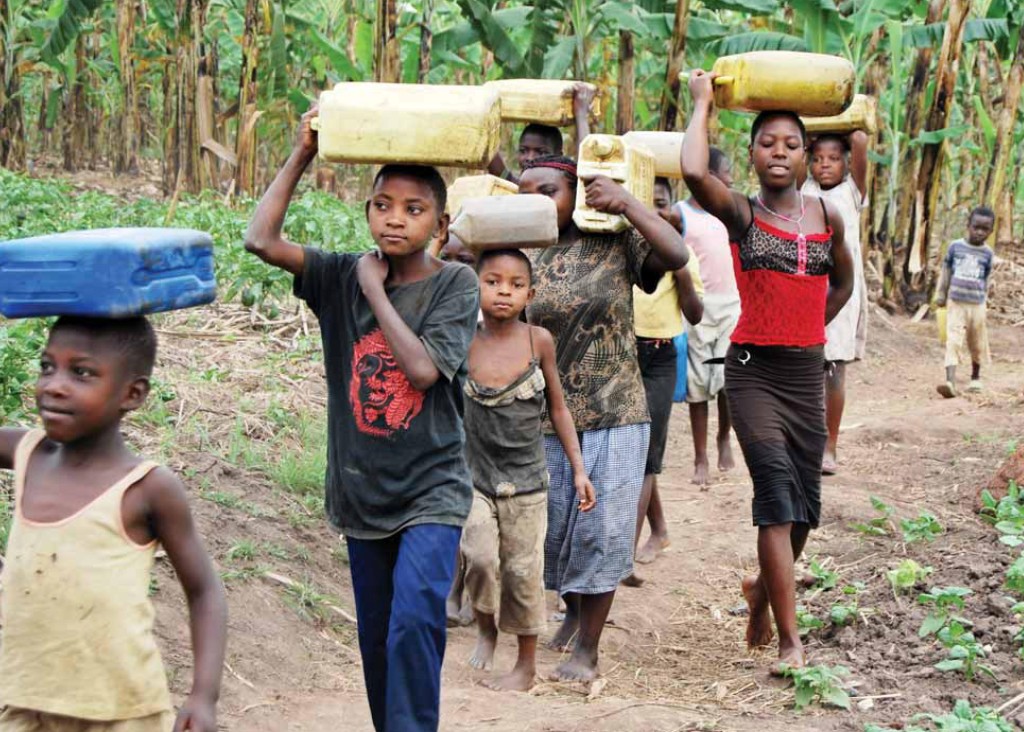The UN Children’s Fund (UNICEF) has launched a Global Framework for Urban Water, Sanitation, and Hygiene (WASH), which offers a strategic vision for urban WASH programming across global, regional, and country levels. Through the Framework, UNICEF intends to increase its engagement in urban areas and create a common vision for its approach to urban programming that focuses on marginalised children and their families.

The Framework, which was published in February 2020, is based on UNICEF’s experiences in urban WASH programming in over 50 countries, and came about as a result of: expanding urban populations with unequal access to WASH services; the need for universal access to water and sanitation to achieve the SDGs; and the fact that poor WASH services threaten public health, especially in high-density urban areas.
Although children in urban areas tend to have better access to WASH than their rural counterparts, inequalities are stark, with the poorest often having little or no ability to use these basic services. This is particularly the case for children living in slums and other impoverished urban settlements. In addition, the impacts of climate change, environmental hazards, and natural disasters are magnified in such settlement, which often face overcrowding, lack of urban planning, and vulnerable WASH infrastructures. These realities exacerbate children’s vulnerabilities and lack of access and have driven the focus on meeting urban WASH needs.
The Framework is meant to be used by regional and country offices to develop more localised, context-specific urban WASH frameworks and strategies for urban slums, small towns, and urban areas in humanitarian and protracted crisis settings. It provides opportunities for partnerships and is structured around support at the sector, service, and user levels, with suggested entry points and activities for engagement.
At the “sector level”, support comprises UNICEF interventions at the national (sector) level, aimed at supporting governments and partnering with other organisations to strengthen the enabling environment to deliver effective, sustainable, and inclusive urban WASH interventions. Such interventions include: evidence generation and analysis; institutional support and coordination; sector financing; capacity development; and planning, monitoring, and review.
At the “service level”, support encompasses UNICEF’s work to improve the delivery of WASH to the urban population through formal, informal, private, or public service providers, and regulators. Priority entry points for this support include: supporting service delivery mechanisms to reach the poorest populations; supporting demand and supply approaches for urban WASH; and promoting poor-inclusive financing strategies for inclusive urban WASH services.
Finally, “user-level” support focuses on: empowering communities and families, and increasing their access to WASH services, and their capacity to engage with service providers and policymakers. Achieving this, the Framework notes, requires encouraging low-income urban communities to participate in planning and implementation of WASH services and strengthening accountability structures.
By Laila Mead (Thematic Expert for Climate Change and Sustainable Energy, SDG Knowledge Hub)
